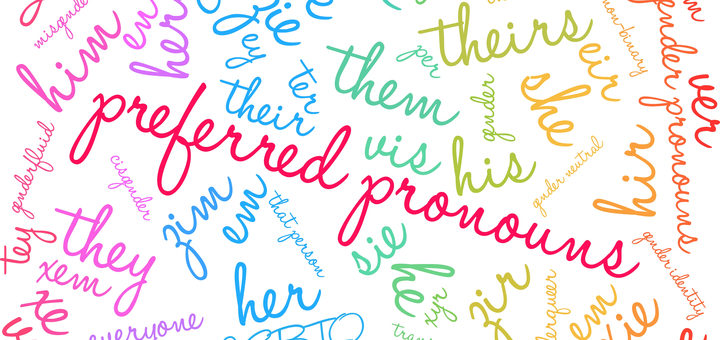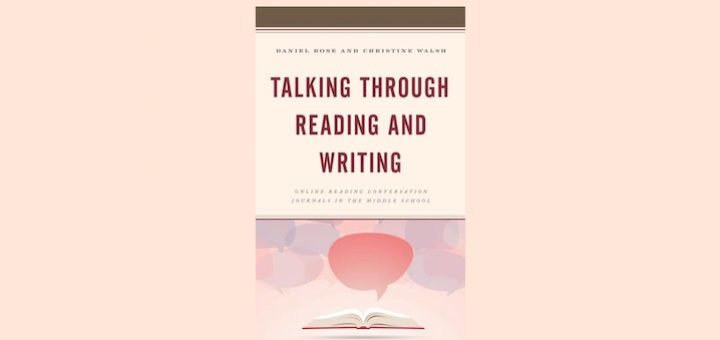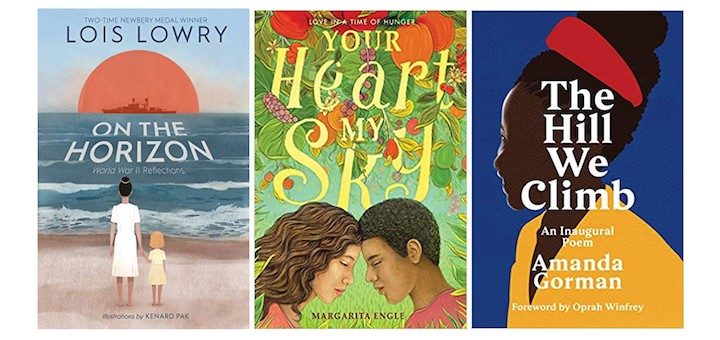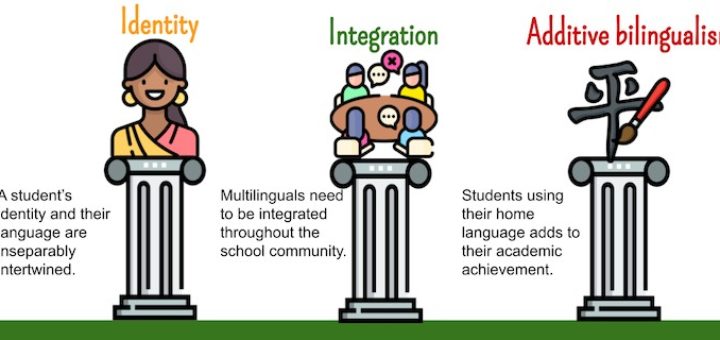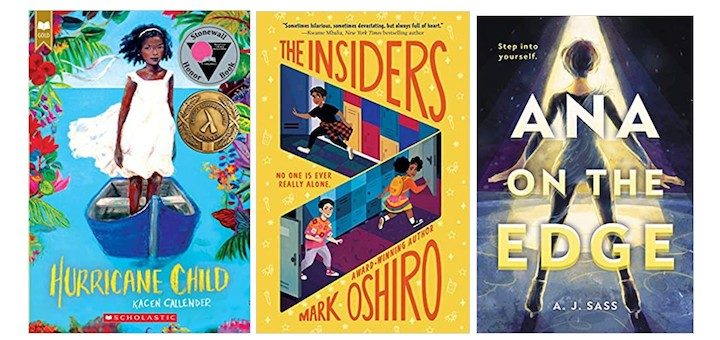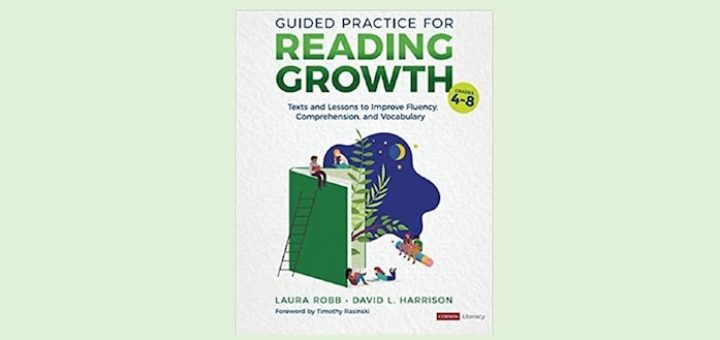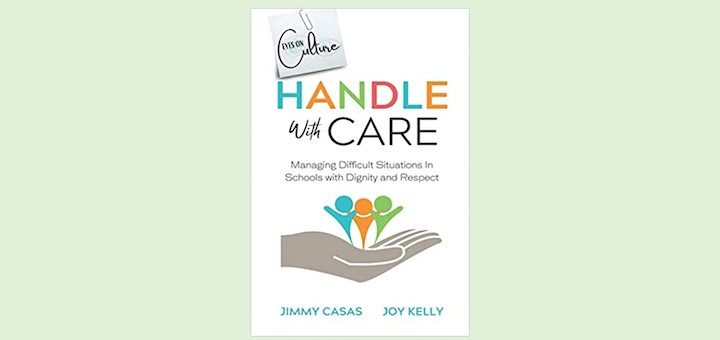Teaching and learning in grades 4-8
As educators reflect on the past year, NBCT Elizabeth Stein shares insights from co-teachers in her coaching circle who are grateful for the support they received from one another. She encourages all of us to rest, relax, and find ways to carry forward our own silver linings.
Middle grades ELA teacher Dina Strasser shares ways we can change our language so that all of our students are included. We’re seeing an uptick of kids who are comfortable expressing their gender in nonbinary ways. Which of our grammar lessons don’t really apply anymore?
Writers often put unsatisfying drafts on the back burner, but our students seldom have the luxury of time, says literacy expert Lynne Dorfman. They need to take a piece through the complete writing process. Knowing when to let go and choose a new topic becomes a valuable skill.
Educators Daniel Rose and Christine Walsh receive a thank-you note for their new book, Talking Through Reading and Writing: Online Reading Conversation Journals” from middle school director and teacher Jeny Randall. She’s ready to reinvigorate her practice with their ideas.
Sometimes you just wanted to scream, writes assistant principal DeAnna Miller, but staying focused on compassionate care, supportive relationships, and flexibility in the face of misdirection and uncertainty helped her remain centered and expand her leadership skills.
New YA books by Amanda Gorman, Lois Lowry and Margarita Engle are all written in verse, says Katie Caprino, yet each tells a story in a different way. One is a poem to America. Another is memoir. And the third is historical fiction, set in 1990s Cuba, with a singing dog.
Language specialists and multilingual educators can boost achievement for their students by using Ester de Jong’s principles of multilingualism, making sure ML learners study grade-level content in two languages as a daily practice, writes teacher and podcaster Tan Huynh.
In celebration of Pride Month, 8th grade ELA teacher Kasey Short highlights 12 YA books featuring LGBTQIA+ characters who represent diverse identities, sexualities, experiences and families – showing young teens experiences that may be similar to or different from their own.
Literacy experts Robb and Harrison draw directly from their current middle grades teaching practice to identify the causes of reading hesitancy. Their tested lessons focus on improving student reading and vocabulary using videos and high-interest texts included in the book.
Handle with Care offers today’s educators a unique set of strategies for building strong cultures in schools that help everyone work more effectively to accomplish the challenging task of preparing students for the brightest futures possible, writes reviewer Dr. Stoney Beavers.


